
An ongoing trial is examining Calquence in older or frail patients with chronic lymphocytic leukemia — a group that is typically left out of clinical trials.

An ongoing trial is examining Calquence in older or frail patients with chronic lymphocytic leukemia — a group that is typically left out of clinical trials.
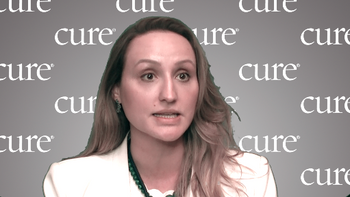
Patients with non-small cell lung cancer who cleared 50% or more of cancerous DNA from their blood by their fourth treatment cycle tended to have better outcomes on maintenance therapy, research showed.

Meaningful improvements in survival were obtained with Zejula maintenance therapy compared with placebo in patients with advanced ovarian cancer that was newly diagnosed.

Tumor treating fields therapy “is a potentially paradigm-shifting new treatment modality” for metastatic non-small cell lung cancer, says Dr. Ticiana Leal.
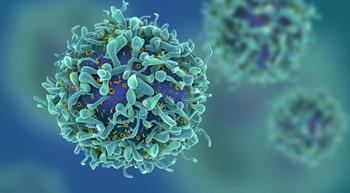
Patients with advanced-stage classic Hodgkin lymphoma had a longer progression-free survival rate with Opdivo plus AVD, a chemotherapy regimen, compared with Adcetris plus AVD.
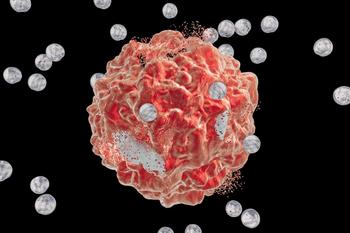

Jemperli plus carboplatin and paclitaxel also helped patients with early endometrial cancer maintain their health-related quality of life throughout follow-up.

Patients with ER-positive, triple-negative metastatic breast cancer treated with a HER3-direct antibody drug conjugate obtained clinical responses with a positive safety profile.

After a median follow-up of four years, the survival benefit, including progression-free survival persisted in patients with advanced clear cell renal cell carcinoma treated with Lenvima plus Keytruda compared with those treated with Sutent.
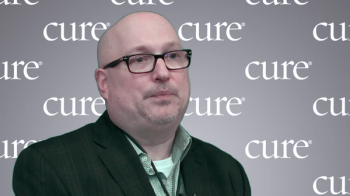
Longer follow-up data showed that Lenvima plus Keytruda still outperformed Sutent in the treatment of patients with advanced renal cell carcinoma.

Patients with locally advanced rectal cancer treated with FOLFOX before surgery had similar outcomes and side effect profiles to those treated with presurgical pelvic chemoradiation.
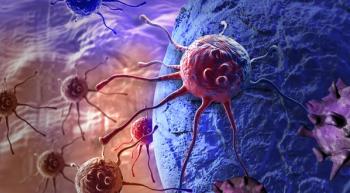
Adding Opdivo and Yervoy to Cabometyx led to improved progression-free survival and disease control rates in patients with soft tissue sarcoma, recent research showed.

Vorasidenib reduced the risk of disease progression or death for certain patients with low-grade brain cancer, recent study results showed.

Side effects such as anemia and other blood-related events were resolved with dose reductions and/or supportive care in men with metastatic castration-resistant prostate cancer.
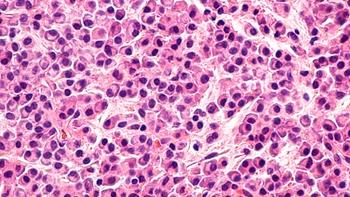
Elranatamab led to early and deep responses in patients with relapsed/refractory myeloma who were previously treated with a BCMA-directed therapy.
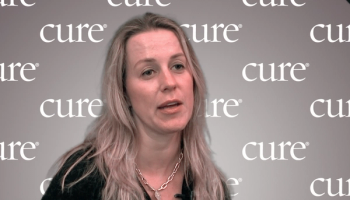
It may be more beneficial to reduce the dose of Verzenio rather than stop the drug altogether, according to the monarchE trial findings.
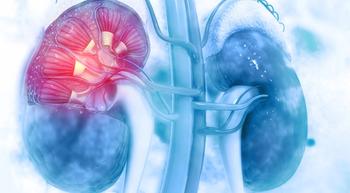
Cabometyx, Opdivo and Yervoy led to high disease control rates across different subgroups of patients with kidney cancer, research showed.
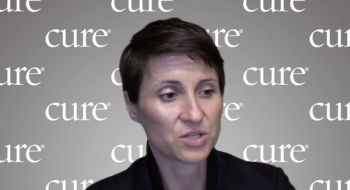
Acupuncture reduced pain “in a very significant way” and urinary symptoms for patients with non-muscle invasive bladder cancer who were undergoing BCG therapy.

Nearly three-fourths of patients with clear cell renal cell carcinoma had a disease response lasting 12 months or longer after being treated with Welireg and Lenvima, study data showed.

Adding Keytruda to pre-surgical chemotherapy then giving it again after surgery improved event-free survival and pathologic complete response in patients with early-stage lung cancer.

Participants in the RESTORE study, results of which were presented this weekend at ASCO, saw “significant improvements” in depression and anxiety symptoms after using the Attune app.

Patients with unresectable hepatocellular carcinoma treated with the STRIDE regimen, consisting of Imjudo and Imfinzi, experienced manageable immune-related side effects with improvements in overall survival.

Findings from the monarchE trial presented at ASCO showed that for patients with hormone receptor–positive, HER2-negative, high-risk, early breast cancer, Verzenio provided “consistent treatment benefit.”

Treating patients with metastatic castration-resistant prostate cancer with radium-223 also allowed patients to receive subsequent therapies such as chemotherapy.
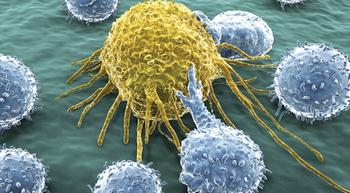
The CAR-T cell therapy, Tecartus, improved outcomes for patients with B-cell acute lymphoblastic leukemia, offering a promising standard of care for this patient population.

A progression-free survival benefit was observed in patients with advanced ovarian cancer including those with homologous recombination deficient-positive status who were treated with frontline chemo plus Avastin and Imfinzi followed by maintenance therapy with an Avastin regimen.
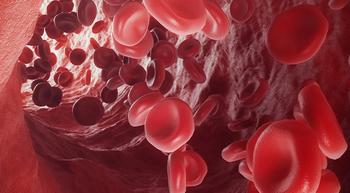
Three-fourths of patients with relapsed/refractory B-cell acute lymphoblastic leukemia experienced complete responses — which tended to be durable — when treated with the CAR-T cell therapy, Obe-cel.

Results of the Canadian Cancer Trials Group CX.5/SHAPE trial could lead to surgical de-escalation among patients with cervical cancer.

Adding Kisqali to endocrine therapy tended to improve the amount of time patients with HR-positive, HER2-negative early breast cancer lived before their disease became invasive.

The benefit obtained from Keytruda plus chemotherapy in patients with persistent, recurrent or metastatic cervical cancer occurred regardless of whether they also received Avastin.